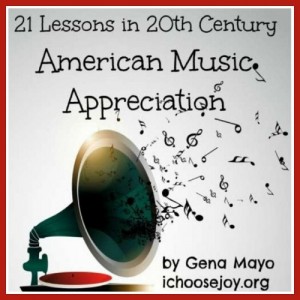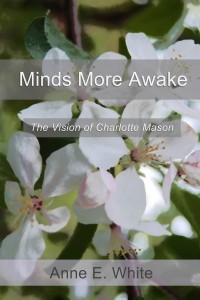One of the joys of being an older homeschooling mom is that I have more time to learn along with my children. Other homeschoolers experience the same thing. One mom took a writing course with her children and now writes regularly for publication. Other moms learn photography, take on leadership roles, develop their creativity, study nutrition, or read widely.
This year, I’m excited to be focusing on languages with my girls. One of them is eager to become fluent, so we’ll approach her favorite language together using Rosetta Stone, Duolingo, read alouds, songs, a grammar text, and more. I hope to read or reread most of the novels the girls study and also want to read a few adult books about the time periods they cover in history, just to be able to add some spice to their learning. We plan to start fermenting vegetables, learn about 20th century music, watch videos of Bible lands, and practice the basic mechanics of drawing. In imitation of my 76-year-old father who is still modeling a lifestyle of learning to everyone around him, I aim to read one or two serious worldview books as well. And, if I can find the energy this year, I’m hoping to do a bit of cross-country skiing with the girls and learn to do some of those neat ball tricks that soccer and basketball players can do.
Why all this effort? Sure, it will be fun and invigorating (I hope), but there’s an even more important reason:
If we truly want to nurture a love of learning in our children, we should model it ourselves.
I encourage you to try to do the same. Yes, I know that this can be a challenge with a houseful of young children. In fact, there have been some years when the main thing I’ve modeled is a love of sleep.
However, over the years, I’ve discovered a few keys to joyful learning for the homeschooling mom, even when her children are still young:
- Focus on your priorities. For me when my children were young, this meant Bible reading, with my family and by myself. I also tried to learn skills or concepts that helped me be a more effective mom and homeschooler.
- Keep your goals reasonable and low-stress. Don’t expect to learn a lot of Latin or to master calculus if you have a newborn and are sleep deprived.
- Tie your learning in with what your children are learning. This doubles the fun and helps you apply it right away.
- Keep up with your children’s reading as much as you reasonably can. This obviously has many benefits beyond learning.
- Don’t get stuck in a rut but explore a variety of ideas even if you have one main focus. One way to expand your horizons is to enjoy some of your children’s interests, like our fossil hunting adventure along the river shown above.
- Keep it low key and be flexible. Learning for fun and being able to put it aside when necessary is refreshing; taking official courses with deadlines and exams will likely add stress to your life.
- Remember, if you model joyful learning, you will need to do less teaching. It’s amazing how great the effect of mom’s enthusiasm can be, even during a challenging school year.
We plan to start school after Labor Day. Miss 17 will head off to university and our homeschool will be down to two students. That is bittersweet, but we’re hoping to have a beautiful year of learning together. Yes, me too. And I’m excited!
How about you? Have you thought about what you hope to learn this school year?
—
For more encouragement, visit Raising Homemakers, Tell it to Me Tuesdays, Titus 2 Tuesday, R&R Wednesdays, Finishing Strong, and Trivium Tuesdays.
I wrote a similar post a few years ago, and it is interesting to see how different my learning goals were then.




